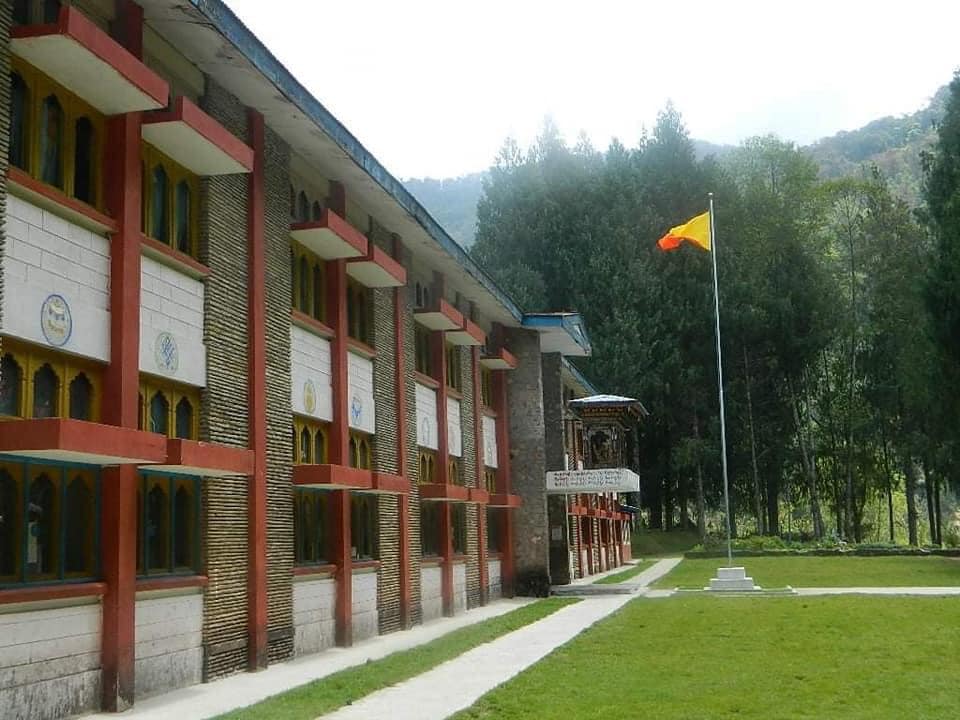Recent news about plans to commercialize the Gasa Tshachu has raised debate on social media and evoked mixed reactions from people.
Many believe that it might set a bad precedent, which could encourage other dzongkhags as well to commercialize their national properties that have been traditionally freely accessible to the people of all walks for centuries.
A commentator was of the view that the dzongkhag should study and lease out the entire area to spa and resort developers but reserve a part for the locals who pay a token fee with a separate entry/exit point.
“Along with the idea, the dzongkhag can also map its own tourism development plan, trek route, bird and animal watching program and seasonal festivals. Employment generation has only been talked about without an action plan. This, perhaps, can be one of the best options not only for Gasa but other dzongkhags,” he added.
Another said that putting a price tag on public properties is a business for which our people are not ready particularly farmers unlike other developed countries.
Clarifying the dzongkhag’s stance, Gasa Dzongda Dorji Dhradrul said that those who criticized the plans to initiate the move had jumped to false conclusions.
“Nowhere in the article was it mentioned that the whole Tshachu will be commercialized. In fact it was clearly spelt out that free services to the Bhutanese population will be maintained/continued,” he explained, “We also want to clarify that as of now the “pay and use” at Nu 500 per session is under trial (pilot) only for one pond and only those interested and happy to pay can avail this private and exclusive service while the rest can still use the ponds as before.”
The Dzongda said that commentators on social media appear to have misunderstood that everyone is being charged Nu 500 per head, adding that the other misconception was the amount of Nu 500 being too high.
“This amount is not per head. It is per session and the session can be anywhere from a minimum of an hour to a whole day depending on the clients’ demand. There was never a situation where the clients have to wait in cue. The pond can accommodate easily up to 10 heads, therefore practically it works out to be 50 per head. And for this fee, they can have privacy with their own toilet and a resting place.”
The Dzongda hopes that contrary to expectations, the dzongkhag authorities hope to set a “great” precedent.
“We have a Good to Great Gasa vision document, which has Tshachu development as one of its main revenue earners in our drive to achieve “self reliance” for the Dzongkhag. Otherwise, our national goal of self reliance will be just a dream and on a paper only,” he reasoned.
Talking about the scope of local government powers to commercialize local properties, the Dzongda said: “In the spirit of democracy and the policy of decentralization and specially in cases of a dzongkhag adopting a localized vision like ours “Good to Great Gasa – Self reliance,” I opine the local government should have full authority.”
This kind of move, he said, might help erase the “kidu culture” which he terms “dependency syndrome”.
“I believe this dependency syndrome is the cancer to our goal of self reliance.”
Meanwhile, a cultural researcher with Loden Foundation, Samten Yeshi said that the idea of commercialization of a cultural and natural heritage such as the Tshachu means only one thing-“The decision is choosing to break the ontology of kinship between culture, nature and people,” he said, “the intangible relationship between the three will be erased when a new relation of commercial culture is introduced. While financial gain can be questionable, the cultural value will be lost which many who claim to understand culture fail to actually understand.”
Further, Samten Yeshi said that gradually commercialization of the Tshachu will reduce the identity of the Tshachu in the society to a mere spa by erasing all the valuable beliefs associated with a Tshachu.
“This will contribute to loss of valuable worldview such as the respect to nature without which mining ventures will definitely thrive, while all cliffs and hills will undergo conversion to money. Do we want such a change in our people? If yes, then this is the decision.”
According to him, Bhutan needs a cultural policy, legal frame work and heritage management system so that such commercialization does not become rampant without actually understanding the actual impact.
“Even if these cultural properties need to be commercialized, I think the decision makers and executive individuals need to make an effort to understand cultural values so that monetizing does not become the priority for cultural properties such as Tshachu in this case,” said Samten Yeshi.
Chencho Dema from Thimphu














